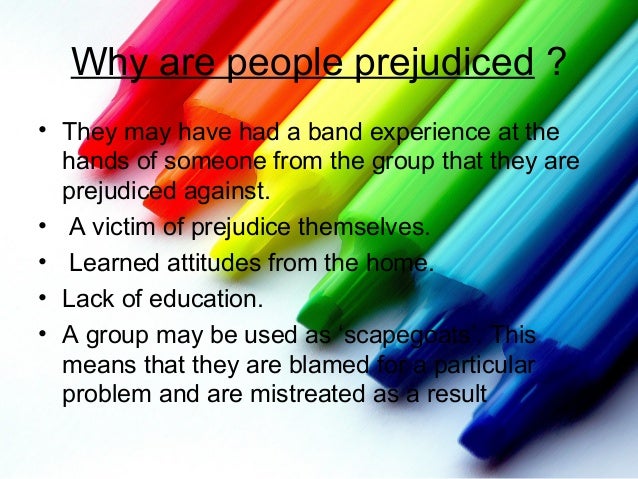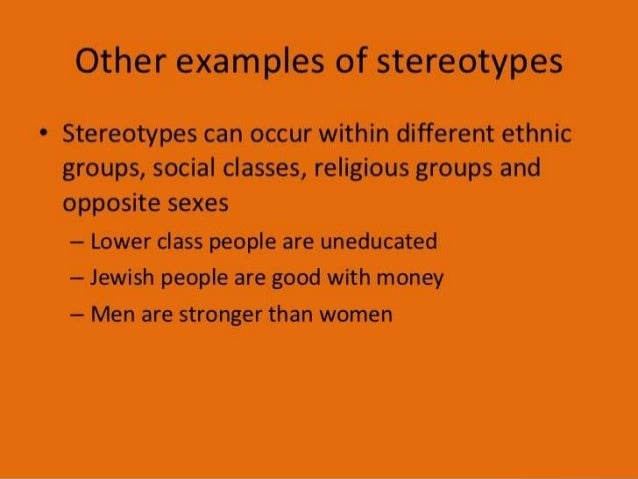Discrimination Definition Social Psychology

Discrimination is the act of making unjustified distinctions between human beings based on the groups.
Discrimination definition social psychology. Prejudice discrimination and stereotyping professors can easily adopt this content into their course. Discriminatory behavior can take various forms from relatively mild behavior such as social avoidance to acts of violence including hate. Defining discrimination is a difficult task. Selecting among the competing definitions of discrimination has not only theoretical implications but also methodological implications because the definition determines the scope of empirical inquiry and appropriate methods for identification and study of the phenomenon.
The social psychology of discrimination 87 outgroup or more commonly and spontaneously as giving preferential treatment to the ingroup a phenomenon known as ingroup bias. Social discrimination is a particular form of discrimination in which social behavior toward or against a person or group is based on social perceptions of their characteristics. Discrimination definition discrimination is the phenomenon of treating a person differently from other persons based on group membership and an individual s possession of certain characteristics such as age class gender race religion and sexuality. Going further and illustrating the general tendency that humans have to discriminate the minimal group paradigm stud.
Psychology definition of social discrimination. Social psychology professor at the university. People may have prejudiced beliefs and feelings and act in a prejudiced way because they are conforming to what is regarded as normal in the social groups to which they belong. It is considered a more advanced form of learning than generalization q v the ability to perceive similarities although animals can be trained to discriminate as well as to generalize.
The differential treatment of a person based on their social class cultural background education etc. Discrimination in psychology the ability to perceive and respond to differences among stimuli. It can be positive behavior directed towards a certain group as in affirmative action or negative behavior directed against a certain group as in race and ethnic discrimination. Social norms behavior considered appropriate within a social group are one possible influence on prejudice and discrimination.







